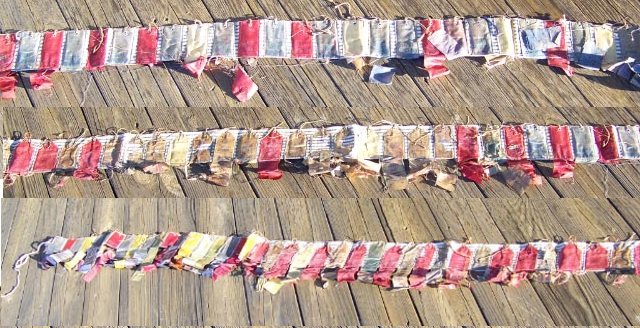Why Chickens?
You may ask, what do silly chickens have to do with anything? College and scholarships are serious business after all.These days, many people aren't even allowed to have chickens in their yard, but there was once a time when chickens were as common as dogs and other pets are today. Likewise, now most people have money to buy food; though that wasn't always the case. Chickens and humans have lived together for centuries, and for good reasons. The chickens eat several of the byproducts of human food preparation, and in return, produce more food! Imagine that- an animal that runs around the yard, eating bugs, weeds, and kitchen scraps, and then provides daily eggs (and eventually a high-protein low fat meat) in return. Modern generations have lost touch with this win-win relationship, partly because of the industrialization of our food production. Now eggs come from a carton at the store, and chicken meat comes in foam trays with plastic wrap. The price of that chicken meat is less than it was 50 years ago. How many products can you say that about? The modern American can (perhaps rightly) say that it isn't worth the hassle to have chickens; not when eggs and chicken meat are so inexpensive.
Back in the 1930s, people weren't so fortunate. The standard of living of the average American was nothing like it is today, and food wasn't as easy to come by. Captain Keeton was certainly not remarkable because he raised chickens in that era- he stood out because he was successful in showing and selling his prize chickens, collecting prize money, and saving that money! He used those proceeds to fund much of his flight training.
Chicken showing is also a functional hobby. There are thousands of different kinds of chickens, and each has its own unique traits. Some have better egg production, some have a better tolerance of heat or cold, some are better at meat production, etc. Sanctioning organizations establish standards that describe the perfect example of each type of chicken, including weight, body type, plumage, and other traits. Each bird that is hatched has slight genetic variations, so chicken breeders try to choose the birds that match the standard the best and use them to breed the next generation. This yields the most useful flock, and makes more effective chickens. Contests are an off-shoot of this flock management goal. Breeders pick the best bird(s) from their flock to groom and train for contests, and then prizes are awarded to the ones that most accurately match the standard specifications. In turn, winning breeders can advertize that their flock includes award-winning chickens, which they can sell at premium prices to other breeders of the same variety. Chicken contests are still popular today among the people that raise chickens. Thanks to Bob Soule, here are some pictures of Captain Keeton's own chicken contest ribbons. They have deteriorated some in the past 80 years!

The hobby of raising show chickens is one of planning, patience, persistence. In many ways, this parallels the rest of life, including learning to fly. Back in the 1930s when Captain Keeton was working with the Key brothers to establish a new world record for endurance, he needed even more planning, patience, and persistence. His responsibilities included flying the refueling aircraft at least twice per day, regardless of the weather conditions, his mood, or other external factors. Even under these conditions, he was able to deliver consistent and reliable performance; after all, one missed rendezvous would have ended the entire venture. It is this sort of perfection in completion that we hope will inspire today's generation of aviation students. This is why our selection criterea are focussed on GPA- it is a cumulative measure of getting the job done. It isn't an indicator of a single success, but rather a record of repeated, reliable performance. With planning, patience, persistence, and perhaps some luck, it is possible to achieve greatness! We aim to reward that greatness in DSU Flight Operations students with a small gift of financial support.
Copyright © 2010 - Jared Yates - Web Design


